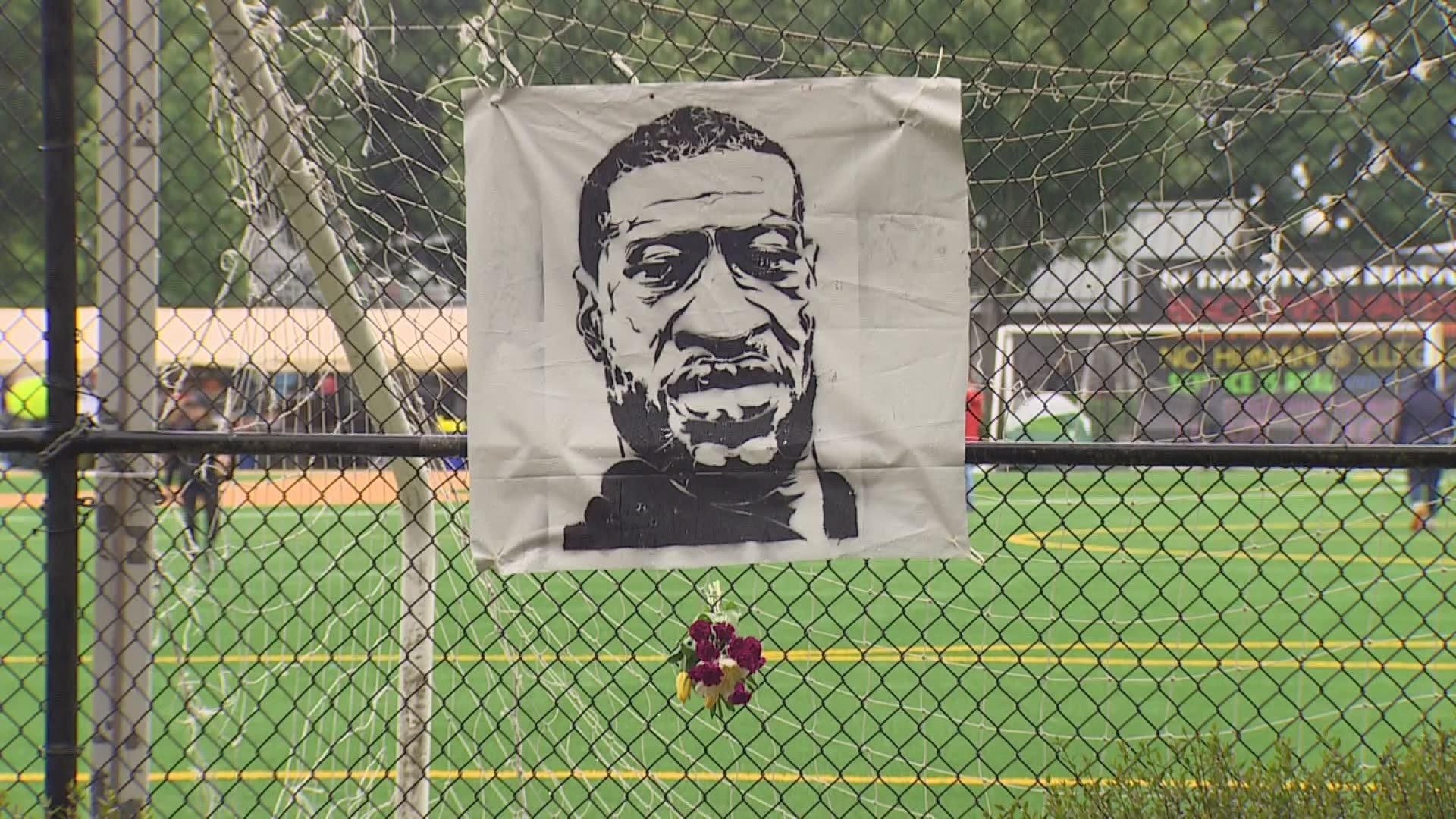SEATTLE — What has changed in western Washington since the day George Floyd was murdered while in Minneapolis police custody on May 25, 2020, sparking a nationwide movement?
Seattle's Capitol Hill neighborhood was the center of racial justice protests last summer and while protests have subsided, the work for racial justice is not over.
“I think the first thing that's really important to say is that George Floyd was not a martyr. He didn't sacrifice his life, for the greater good. He didn't want to spark a movement. It's important to frame it that way,” said King County Councilmember Girmay Zahilay, “No, he was murdered.”
Yet, the protests and conversations after Floyd’s death undoubtedly prompted a nationwide conversation around race and policing, and local changes as well.
Zahilay, as chair of the King County Council’s Law and Justice Committee, helped to spur a change to two charter amendments, approved by voters, which makes the sheriff an appointed position and allows for widespread change of the King County Sheriff’s Department.
“I believe progress has been made, but nowhere near close enough to what needs to be done to get us to a more racially just society,” said Zahilay.
Seattle also made changes, banning chokeholds and neck restraints by police. The state, in legislation signed by Gov. Jay Inslee last week, followed suit, as part of a series of police reforms.
However, noted criminal justice expert Dr. Philip Stinson, of Bowling Green State University, suggests there is more to be done, and at a financial cost.
“We need to deploy body worn cameras, we need to remember that police officers often have dash cams as well, we've got a lot of different types of technologies,” he told KING 5. “It's figuring out on an ongoing basis how the local governments can pay the bill for all the costs associated with keeping those video recordings and not only just storing the video recordings, but also the personnel costs associated with preparing videos for criminal trials for criminal trial discovery requests. There's a lot of cost involved.”
In fact, a recent KING 5 investigative report showed 63% of Washington state law enforcement agencies have no body or dash cams at all. Stinson says he’s skeptical the George Floyd Justice in Policing Act, currently before Congress, will make real change, but that federal dollars could help.
“That's one area that the federal government might actually be able to make some difference is making sure that those funds are available, that they trickle down to local agencies, because those ongoing costs are going to be rather problematic for municipalities and county governments,” he said.
Zahilay agreed.
“I do think we need to reimagine policing in this country. We need to do that on a local level,” he said, noting that the Council is currently soliciting input on how best to enact the Charter amendment, with a goal of finalizing language by the end of the year.

